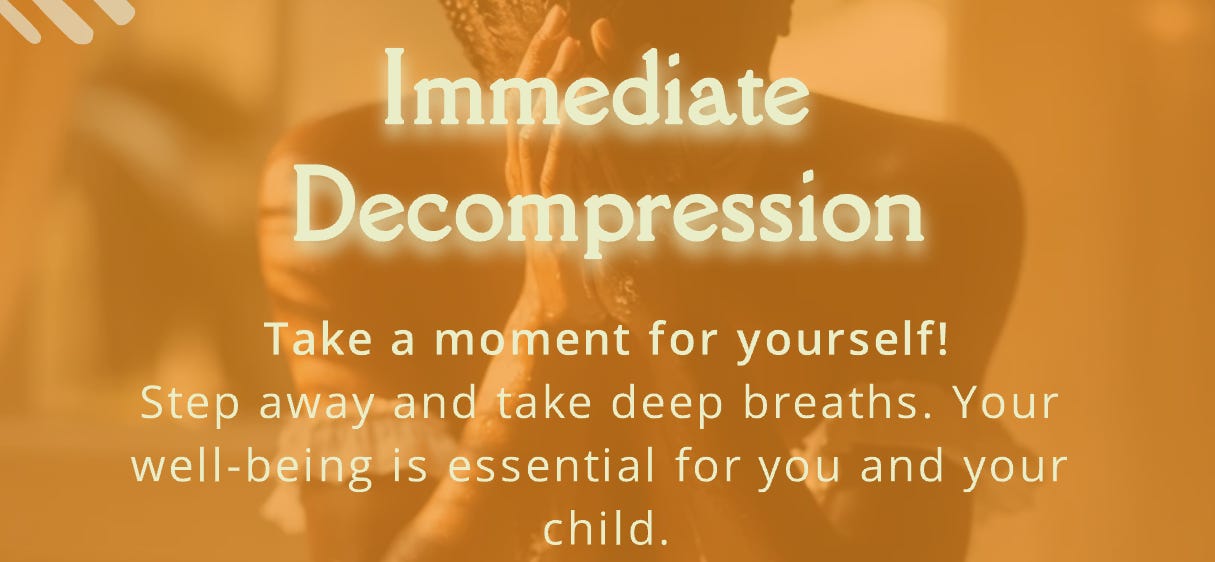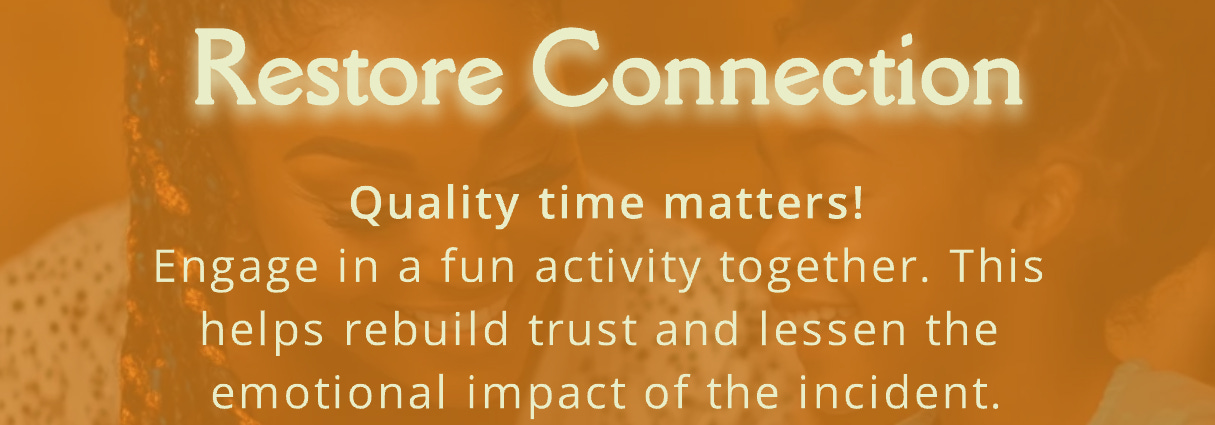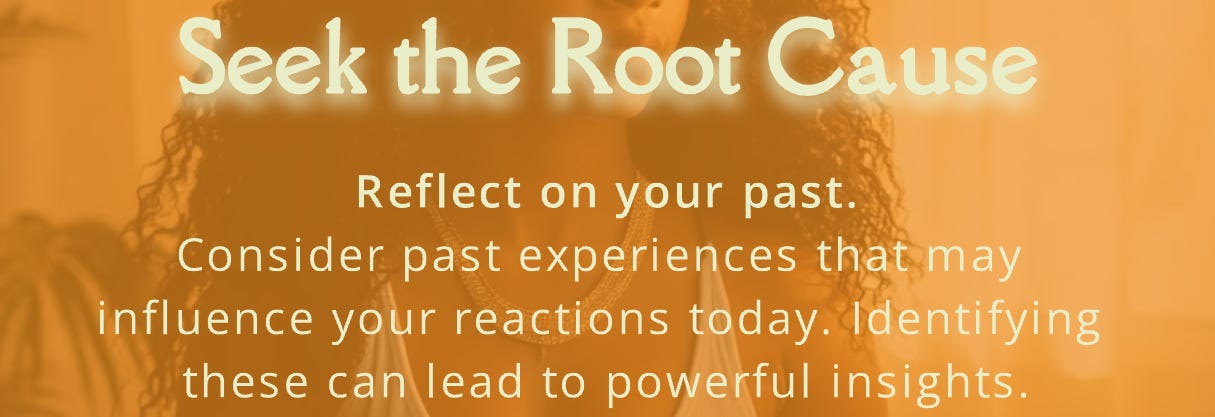Dear Empresses, Queens, and Goddesses,
Let’s face it, motherhood is no walk in the park. It’s a journey filled with highs, lows, and everything in between. We try, we succeed, and yes, sometimes we crash out. What matters most is how we recover, learn, and show ourselves the compassion we deserve.
 Tiktok failed to load.
Tiktok failed to load.Enable 3rd party cookies or use another browser
This guide is for the moments when you feel you’ve reached your limit. They are the same steps I walked through during my recent crashout. When the meltdown hits, and you’re wondering, “What now?”
Let’s dive into my crash-out guide, crafted with love and lived experience.
Step 1:
First things first—step away. Find a quiet corner, breathe deeply, and remind yourself that it’s okay to need a moment. Your well-being is just as vital as your child’s. This isn’t about perfection; it’s about showing up as your best self, even if it takes a pause to get there. My reflection said that my body was calling to do this earlier and I didnt heed the warning. Therefor instead of a silent step back by reaction was a violent cry to retreat.
Step 2:
Take a min to reflect. What led to this moment? Was it exhaustion, unmet expectations, or just life doing too much? Yeah all ah dat & the weight of single motherhood got me in this moment. Identifying triggers isn’t just about assigning blame—it’s about understanding what you need to protect your peace.
Step 3:
Here’s the real magic: owning up. Apologize to your child if they were affected and reassure them of your unconditional love. It may be hard at first but its necessary for them to see that their parents are also human and make mistakes. Its ok if it is not immediate but ASAP is key. These small acts go a long way in teaching empathy, accountability, and connection.
Step 4:
Ask your child how they’re feeling. Truly listen. It’s not just about mending your bond—it’s about validating their experience. They are human to and have valid feelings. Hear them out. This is where trust grows, and healing begins.
Step 5:
Carve out time to reconnect through a shared activity. Maybe it’s baking cookies, playing their favorite game, or simply cuddling on the couch. For us that was oddly the gym! Rebuilding trust is about showing up, not showing off.
Step 6:
This is where the deep reflection begins. Journal about the incident—what happened, why it happened, and what it revealed about you. Shadow work is about uncovering patterns and giving yourself space to heal. Here are some prompts to start with:
1. What was the exact moment you felt overwhelmed, and how did it escalate?
2. What emotions were you feeling in that moment? Were they directed at the situation or something deeper?
3. How did your daughter respond, and how do you think she felt during the situation?
4. If someone else had witnessed this moment, what might they have noticed about your behavior or tone that you didn’t realize in the moment?
Step 7:
Explore the deeper “why” behind your reactions. Sometimes, our past influences our present more than we realize. Recognizing these connections can help us grow and break cycles.
1. What was the exact moment you felt overwhelmed, and how did it escalate?
2. What emotions were you feeling in that moment? Were they directed at the situation or something deeper?
3. How did your daughter respond, and how do you think she felt during the situation?
4. If someone else had witnessed this moment, what might they have noticed about your behavior or tone that you didn’t realize in the moment?
Step 8:
Incorporate small, intentional changes into your routine. Whether it’s five minutes of morning mindfulness, an evening cup of tea, or a mid-day walk, these little moments of self-care build resilience. I started doing my lashes and I am really enjoying the learning process. Like I said try out the clusters!!
Step 9:
Don’t be afraid to ask for help. Therapy or counseling can provide tools and perspectives that transform the way you navigate challenges. The Soulcare Collective is an online therapeutic practice dedicated to supporting the mental and emotional well-being of Black, Indigenous, and other people of color (BIPOC). Founded by Omikunle Ekundayo, a mental and holistic health practitioner specializing in African-centered psychology, the collective emphasizes mental wellness, natural medicine, healthy living, self-health, and spiritual development through individual and community care.
Step 10: Join the Community
We’re in this together. Follow Not Just A Motha to connect with other moms on this journey of growth and healing. This is your space—a safe, empowering place to share, learn, and thrive.
This isn’t about being the perfect mother; it’s about being a present one. You’re doing the best you can, and that’s enough. Take pride in your efforts, embrace the messy moments, and remember: you’re a whole mood, not just a mother.
How do you recover after a crash-out moment? Let’s share our stories and strategies. Comment below or join the conversation on Substack and Threads. Together, we rise.
Stay crowned, stay grounded, and stay radiant.
With love,
Let me know if you’d like additional tweaks or creative directions!















